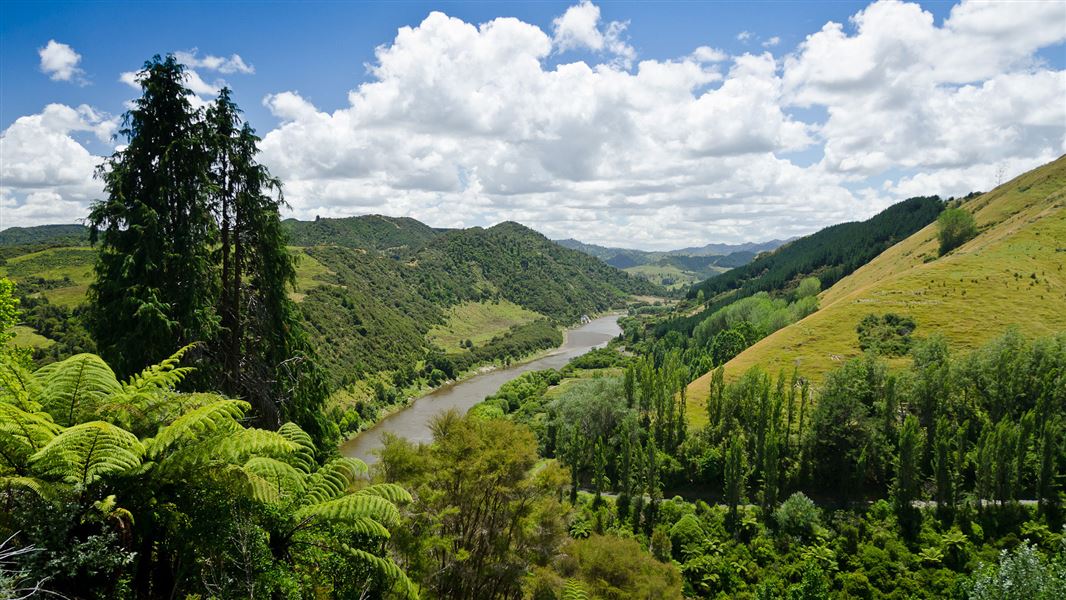Archived content: This media release was accurate on the date of publication.
Date: 08 March 2022 Source: Office of the Minister of Conservation
Conservation Minister Kiri Allan says Whanganui iwi, hapū and whānau are working together to reduce erosion from land adjoining the river to improve water quality and enhance the area’s distinctive biodiversity.
“The $7.861m project is being led by Ngā Tāngata Tiaki and will provide employment opportunities for those who live along the Whanganui River,” Kiri Allan said.
“The work will contribute to restoring the mauri of Whanganui Awa so it is particularly appropriate that it is being undertaken by the people most closely associated with her through their whakapapa.
“They are the people for whom ‘ko au te awa; ko te awa ko au’, is real and whose wellbeing will be enhanced by restoring the river to its natural, healthy state.
“The project seeks to reduce the impacts of soil erosion and related activities on the well-being and health of Te Awa Tupua through, among other things, landscape scale river restoration with a particular focus on sediment reduction using land type and use analysis, riparian planting and fencing.
“Development of wetlands may also be undertaken where appropriate.
“Plant nurseries will be established at several places through the catchment, ensuring that seeds are locally-sourced and cultivation of plants is linked to the streams, rivers and landscapes of Te Awa Tupua.
“Using a phased approach means sub-projects are also being developed and will contribute increasingly to the outputs over the life of the project.
“It is incredibly valuable work, not only for the impact it has on the everyday lives of those who are doing it, but for the enduring impact it will have on the river, its water quality, its ecosystems and above all on its essential life-force – it’s mauri.
“This is truly a project I am excited to see funded and in action,” Kiri Allan says.
In 2017, the Whanganui River was recognised in law as a living and indivisible whole through the Te Awa Tupua Act. This compels the people of the river and all its communities to work together under the indigenous values system Tupua Te Kawa, which binds the people to the River and the river to the people
Contact
For media enquiries contact:
Email: media@doc.govt.nz
